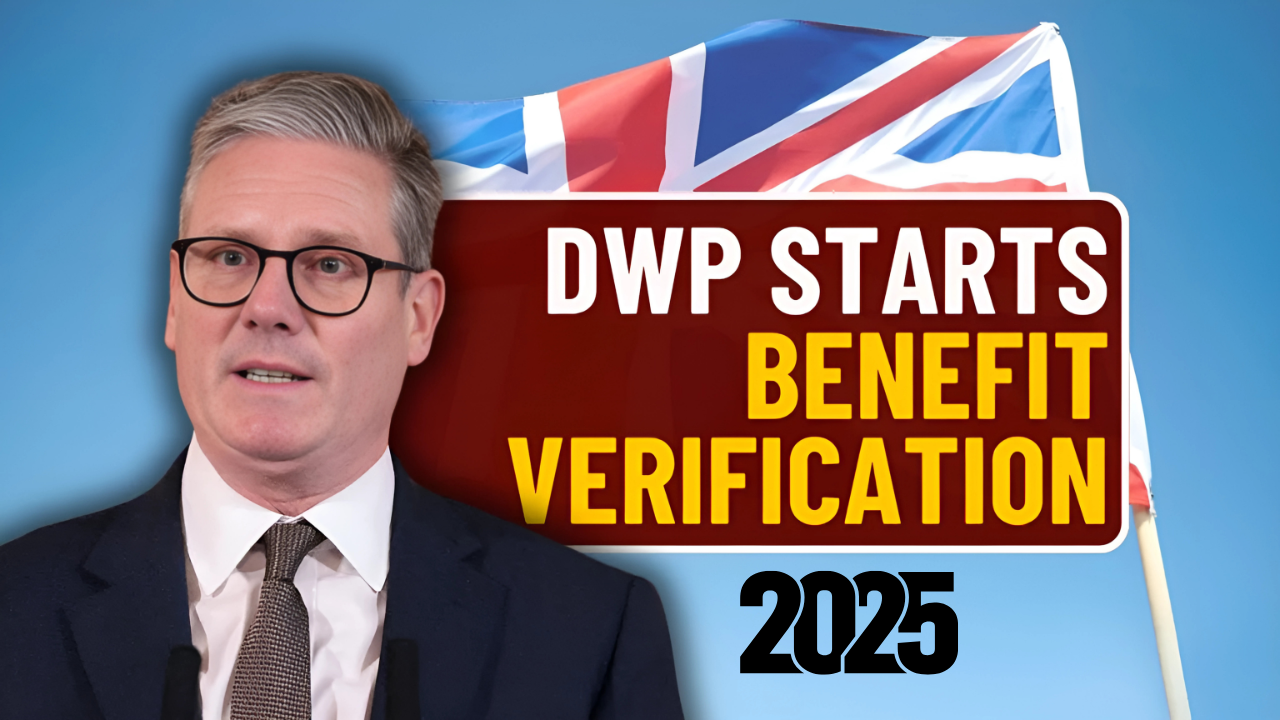The Department for Work and Pensions (DWP) has recently announced updates to its eligibility verification process for benefits claimants. This move aims to ensure that only those who qualify receive support, reducing fraud and improving the efficiency of the welfare system. Below is a detailed look at what this means for current and future claimants, the steps involved, and how these changes may impact you.
| Element | Description |
|---|---|
| Organization | Department for Work and Pensions (DWP) |
| Process | Eligibility Verification for Benefits |
| Key Steps | Notification, Evidence Submission, Review & Decision |
| Required Documents | ID, Proof of Address, Income/Employment Evidence, Medical Evidence |
| Impact | Reduced Fraud, Faster Processing, Increased Accountability |
| Support | DWP Helpline, Jobcentre, Charities/Advocacy Groups |
Background: Why is Eligibility Verification Important?
The DWP is responsible for administering various benefits, including Universal Credit, Disability Living Allowance, and Pension Credit. With millions relying on these payments, ensuring that only eligible individuals receive benefits is crucial for maintaining public trust and the sustainability of the welfare system.
Recent reports indicate that the DWP has been under pressure to address both fraud and error in benefit payments. The new verification process is part of a broader strategy to modernize the benefits system and to respond to evolving challenges, such as identity theft and digital fraud.
How the New Eligibility Verification Works
Step 1: Notification of Verification
Claimants may receive notifications via post, email, or their online Universal Credit account, informing them that their eligibility is being reviewed. This is not necessarily a cause for alarm but signals that additional checks are being conducted.
Step 2: Submission of Evidence
Claimants are typically asked to provide documentation to verify their identity, income, living situation, and any other relevant information. This may include:
-
Proof of identity (passport, driving license)
-
Proof of address (utility bills, bank statements)
-
Evidence of income or employment status
-
Medical evidence (for disability-related benefits)
Step 3: Review and Decision
Once all required documents are submitted, the DWP reviews the information. If everything is in order, the claim will continue as normal. If discrepancies are found, claimants may be contacted for further clarification or, in rare cases, may face sanctions or a reassessment of their benefits.
Impact on Claimants
The new verification process is designed to be as smooth and transparent as possible. However, it does place an additional responsibility on claimants to ensure that their information is up to date and that they respond promptly to any requests from the DWP.
Key Points:
-
Reduced Fraud: By tightening verification, the DWP aims to reduce the incidence of fraudulent claims.
-
Faster Processing: Streamlined digital processes may speed up decision-making for legitimate claimants.
-
Increased Accountability: Claimants must be vigilant about keeping their records accurate and up to date.
What to Do If You Are Contacted
If you receive a notification from the DWP regarding eligibility verification, follow these steps:
-
Read the Notification Carefully: Understand what information or documents are required.
-
Gather Necessary Documents: Collect all requested evidence as soon as possible.
-
Submit Promptly: Send your documents through the specified channel (online, by post, or at a Jobcentre).
-
Keep Copies: Retain copies of all submitted documents for your records.
-
Follow Up: If you do not receive confirmation, contact the DWP to ensure your submission was received.
Potential Challenges and Support
While the new process is intended to be user-friendly, some claimants may face challenges, particularly those with limited digital skills or access to documentation. The DWP offers support through its helpline and local Jobcentres. Charities and advocacy groups are also available to assist those who need help navigating the process.
Frequently Asked Questions (FAQs)
Q: What happens if I don’t respond to the verification request?
A: Failure to respond may result in your benefits being suspended or stopped until the required information is provided.
Q: How long does the verification process take?
A: The process typically takes a few weeks, depending on how quickly you submit your documents and the complexity of your case.
Q: Can I appeal if my benefits are stopped?
A: Yes, you have the right to appeal any decision made by the DWP regarding your benefits.
Also Read:- DWP Confirms £16,000 Benefit Fraud Crackdown with New Eligibility Checks from July

